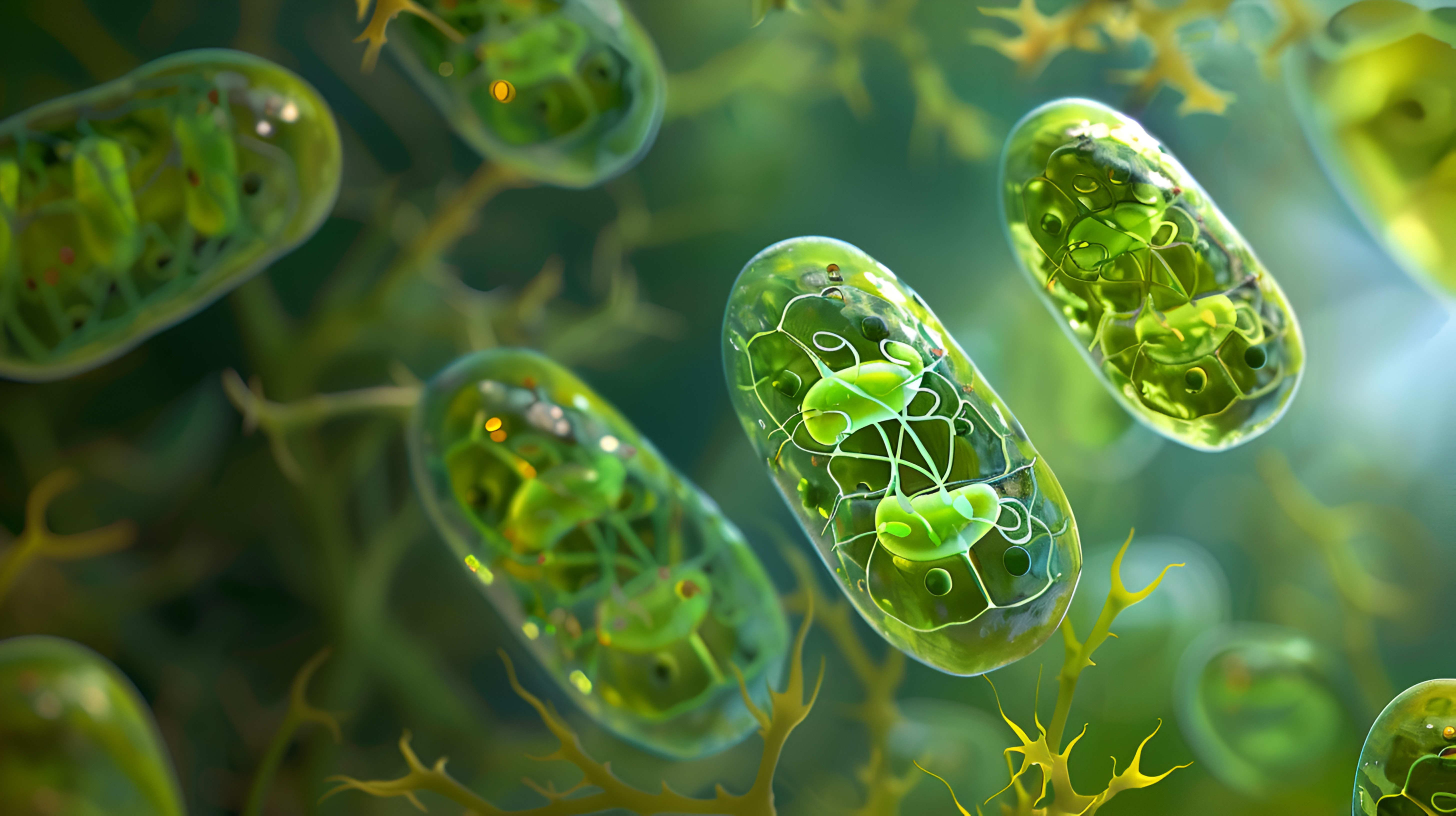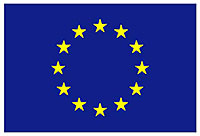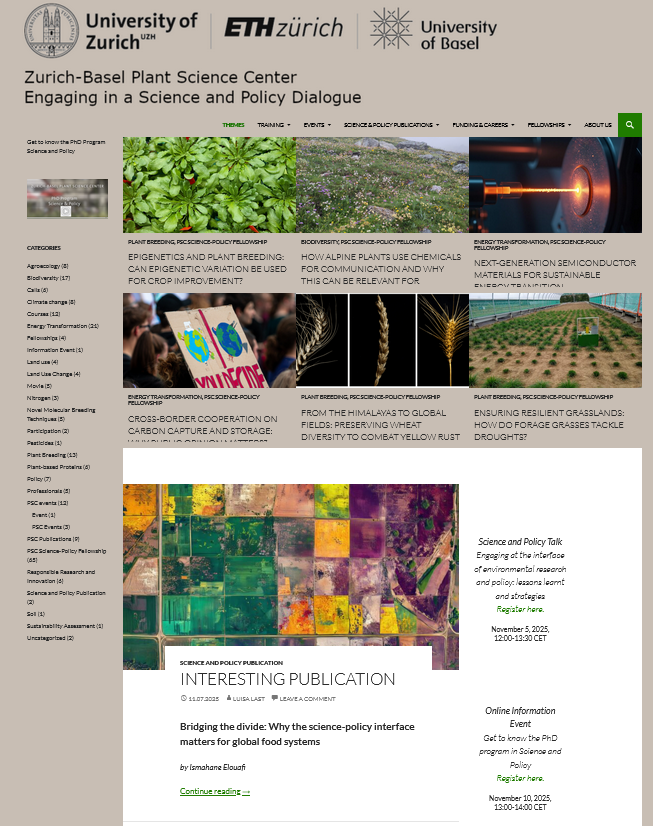Towards Improved Crop Resilience – Discovering Essential Factors that Control Chloroplast Development

Fellowship Duration: Oct 2020 – Sep 2024
PhD Student: Yuanyuan Liang (LinkedIn)
Principal Investigator: Prof. Samuel C. Zeeman and Dr. Barbara Pfister, Plant Biochemistry, Institute of Molecular Plant Biology, Department of Biology, ETH Zurich, Switzerland
Project Partner: Dr. Klára Panzarová, PSI (Photon Systems Instruments), spol. s r.o., Drasov, Czech Republic
Research Fields: Plant Science, Cell Biology, Organelle Development, Fluorescence and Electron Microscopy, Image Processing
Project Description
Understanding the mechanisms by which chloroplasts develop and maintain their function under adverse conditions is of unparalleled global significance. As they house photosynthesis, even small alterations in chloroplast function imposed by environmental stresses can result in drastic yield losses. Maintaining crop yields in the face of increasingly unfavorable environmental conditions requires innovations that allow improvements in the plastid’s housekeeping metabolism and hence the stress resistance of these crucial organelles.
In this project, we aim to identify factors involved in the fundamental processes of chloroplast homeostasis. Our recent data suggests that an Arabidopsis protein which was predicted to be involved in carbohydrate metabolism is actually associated with components of the plastid gene expression machinery and is essential for plastid development. We will apply molecular biology approaches to understand how this protein and related factors enable the development and homeostasis of chloroplasts, thereby identifying novel targets to increase the resilience of these essential organelles in crops. In collaboration with Photon Systems Instruments (PSI) in the Czech Republic, we will explore fast and non-destructive in situ scanning methods for characterizing the photosynthetic efficiency of plants. These will not only provide valuable data for this research project but also lay the groundwork for improved technologies to capture changes in the function of individual chloroplasts in real-time. The methodological and scientific outcomes of this project will be presented at science or agricultural fairs and stakeholder meetings and published open access in international peer-reviewed journals and bioinformatic datasets, which will provide novel knowledge for breeding strategies.
This fellowship is hosted by the Zurich-Basel Plant Science Center.
Activities and Publications
Doctoral thesis Investigation of a Neo-Functionalized Starch Branching Enzyme and its Interactors: New Insights into Chloroplast Intron Splicing
Conference talk and poster at the Early Career Meeting SwissPLANT 2024 (Les Diablerets, Switzerland, Jan 2024)
Conference talk at the TRR175 Meeting 2022 Chloroplasts: From Genes to Systems (Irsee, Germany, Aug 2022)
Conference talk at the FEBS 2021 Plant Organellar Signaling Workshop (Primošten, Croatia, Sep 2021)
Conference poster at the Chloroplast Biology 2023 (Zurich, Switzerland, Jun 2023)
Conference poster at the PSC PhD Symposium 2022 (Zurich, Switzerland, Dec, 2022)
Conference poster at the PSC PhD Symposium 2021 (Zurich, Switzerland, Dec, 2021)
Exhibition stand at Scientifica (Sep 2021) and (Sep 2023)
Secondment
In her research project, Yuanyuan developed two unique plant variants in the lab: one exhibiting a wild-type phenotype with a slight growth defect, and another with an inducible chloroplast defect that recovers once the inducing factors are removed. In collaboration with PSI (Photon Systems Instruments) and partly at PSI in Drásov, Czech Republic, she utilized the wild-type-like variant to optimize their phenotyping protocols for detecting subtle phenotypic changes under various environmental stress conditions. Furthermore, she refined their protocols using the inducible variant to monitor continuous changes during the induced chloroplast damage and the subsequent recovery phase. Throughout this collaboration, she also identified the need for automated image processing, particularly for tasks like leaf area segmentation, which remains challenging. The data generated from this project could serve as valuable training material for developing models to address this issue. The final results are present in form of poster in the Chloroplast Biology Conference at ETH Zurich in June 2023.
Duration: Mar 2023 - Jun 2023
Stakeholder Workshop
The stakeholder workshop on “Monitoring chloroplast development and resistance to environmental stress through chlorophyll fluorescence imaging (CFI) took place during the Chloroplast Biology Conference (June 26-27, 2023, ETH Zurich, Switzerland). This conference was attended by about 100 international researchers, of which about 30 were senior researchers (professors and group leaders) and about 70 were post-docs or PhD students. The participants shared a general interest in chloroplast biology, with research topics spanning a wide range of disciplines, including biotechnology, evolutionary biology, biochemistry and structural biology. The stakeholder workshop took place during two poster sessions at the conference (2.5 hours in total), allowing Yuanyuan to present her project in several rounds of poster presentations. Yuanyuan was able to discuss her project with about 20 conference attendees. Her presentations covered three main topics: 1. an introduction to CFI; 2. the use of CFI to monitor chloroplast defects and their subsequent recovery; and 3. the use of CFI in conjunction with PSI's plant growth system to characterise plant varieties with subtle phenotypes.



